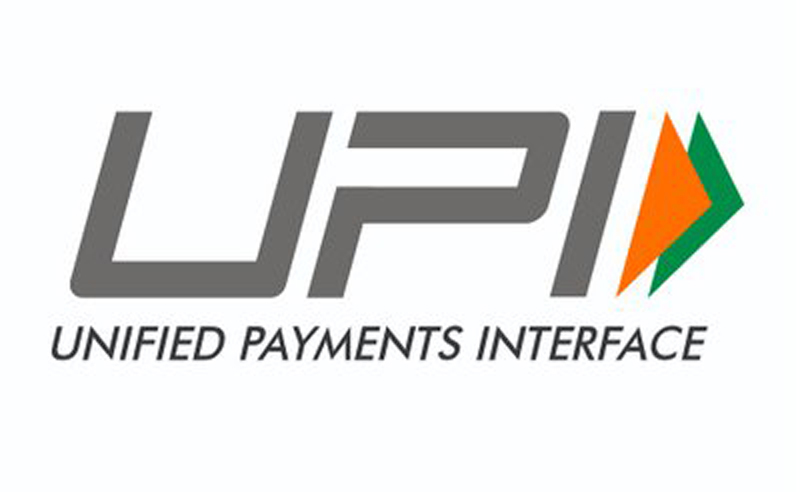
US banks may link with India's UPI to enable fast payment network: Fed member Waller
Mumbai: The United States might consider connecting some of its private banks with India's Unified Payments Interface (UPI) to speed up the formation of a fast payments network, said Christopher Waller, a member of the Federal Reserve Board of Governors, media reports said.
Speaking at the Global Fintech Fest in Mumbai, Waller noted that the US lacks sufficient bank connectivity to develop a full-service fast payments system, mainly due to risk management and compliance challenges aimed at preventing fraud and money laundering, reported Moneycontrol.
He suggested that linking with UPI could offer a possible solution to these issues.
"We don't have enough banks connected to make a full-service product. But we have some private banks that can connect to the UPI," Waller was quoted as saying by Moneycontrol.
"We first need to build a compelling value proposition for such an integration," he said, adding that this process would still take some time to develop.
Deliberate frictions are integrated into the global payment system to address compliance and risk management concerns.
"Slowing down the speed at which payments are cleared and settled helps banks prevent money laundering and counter the financing of terrorism, detect fraud, and recover fraudulent or misdirected cross-border payments," said Waller, according to the report.
He emphasized that resolving legal, regulatory, governance, and cross-border payment system issues will be more challenging than the technology itself, remarking that "linking technology is the easiest part."
Praising India’s tech-driven payment revolution, he said it was the result of a successful public-private partnership that developed a digital payments infrastructure, enabling low-cost financial inclusion.
"I spent 3-4 hours yesterday at the NPCI (National Payments Corporation of India—the founder and manager of UPI), learned a lot about UPI and how it is done," he said at the event, according to the report.
UPI, developed by NPCI, is a real-time payment system enabling instant money transfers between bank accounts via mobile devices.
Launched in 2016, UPI has quickly expanded, integrating more than 300 banks and offering a seamless, low-cost digital payment experience.
By 2024, it processed over 10 billion transactions monthly, with a total transaction value surpassing Rs 15 trillion per month.
Waller underscored how private sector innovators have utilized the foundation built by the public sector to enhance payment systems, introducing new capabilities while adhering to regulatory requirements.
"Building on the foundation led by the public sector, innovators in the private sector seize the opportunity to enhance payments by introducing new capabilities that will alleviate frictions, while remaining within regulatory guardrails," said Waller.
Waller suggested that the collaboration between the public and private sectors could play a pivotal role in the future of cross-border payments.
"Interlinking arrangements would allow banks in different countries, who are users of domestic fast payment systems, to send payments to each other through technical connections between their respective domestic payment systems," he noted.
He also pointed out that the G20's roadmap aims to address challenges in cross-border payments and enhance global payment systems beyond local capabilities, acknowledging that while technical connections are feasible, the real challenge lies in addressing legal, compliance, and operational considerations.
He highlighted that the G20's roadmap seeks to tackle challenges in cross-border payments and improve global payment systems beyond domestic capabilities.
While technical connections are achievable, he emphasized that the true hurdles lie in addressing legal, compliance, and operational issues.
Support Our Journalism
We cannot do without you.. your contribution supports unbiased journalism
IBNS is not driven by any ism- not wokeism, not racism, not skewed secularism, not hyper right-wing or left liberal ideals, nor by any hardline religious beliefs or hyper nationalism. We want to serve you good old objective news, as they are. We do not judge or preach. We let people decide for themselves. We only try to present factual and well-sourced news.







